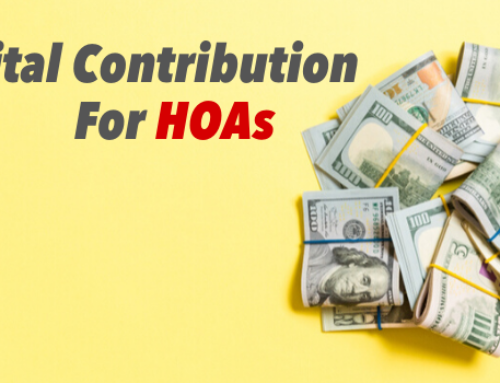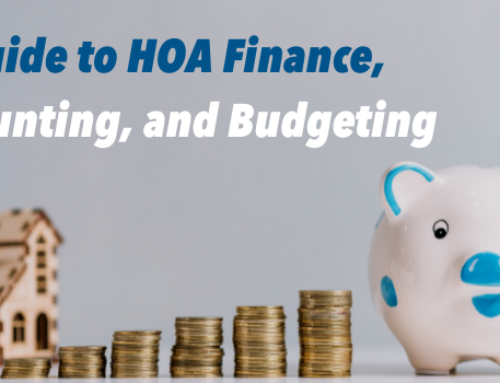HOA Tax Returns: What You Should Know
The process of filing HOA tax returns is actually simpler than one might think, and our goal is to help the board better prepare for tax season! Here are a few answers to common questions regarding HOA taxes:
Are Tax Returns Required?
On a state level, homeowners’ associations are usually created and treated as non-profit organizations. But on a federal level, they are considered corporations and are required to file tax returns. Your HOA may also qualify as a non-profit organization with the IRS after filing Form 1024 and receiving approval, but even in this case, a tax return must still be filed.
What Forms Should We Use?
HOAs can choose from two different tax forms when filing their returns. Though more complicated and time-intensive, Form 1120 has a lower tax rate for the first $50,000 of net income. Alternatively, Form 1120-H, which can be filed under Section 528 of the IRC, has a higher tax rate but is quicker and less complicated.
To qualify to use Form 1120-H, the association must claim at least 60% of its revenue from members, with 90% of expenses for operations and maintenance. Finally, at least 85% of its units must be residential. If you’re unsure about which form to use, consult with your association’s tax professional or HOA management company.
When Should Returns Be Filed?
The due date for an HOA’s tax returns will depend on their fiscal year. Forms 1120 and 1120-H are due on April 15 for associations that follow a traditional calendar year. An HOA with a fiscal year ending June 30 should file by the 15th day of the third month after the end of its tax year.
Can We File for an Extension?
If meeting the tax deadline just isn’t a possibility, associations have the right to file for an extension using Form 7004. The extension totals six months and will be automatically approved as long as the extension is filed before the deadline of the return.
It’s important to note that the HOA receives only an extension of time to file, not to pay. The total tax due is still owed by the due date of the return; failure to pay will result in penalties and interest.
A clear understanding of the process can make tax season much less daunting for boards already tasked with great responsibility. It’s always best to consult with certified tax professionals when handling such matters.






